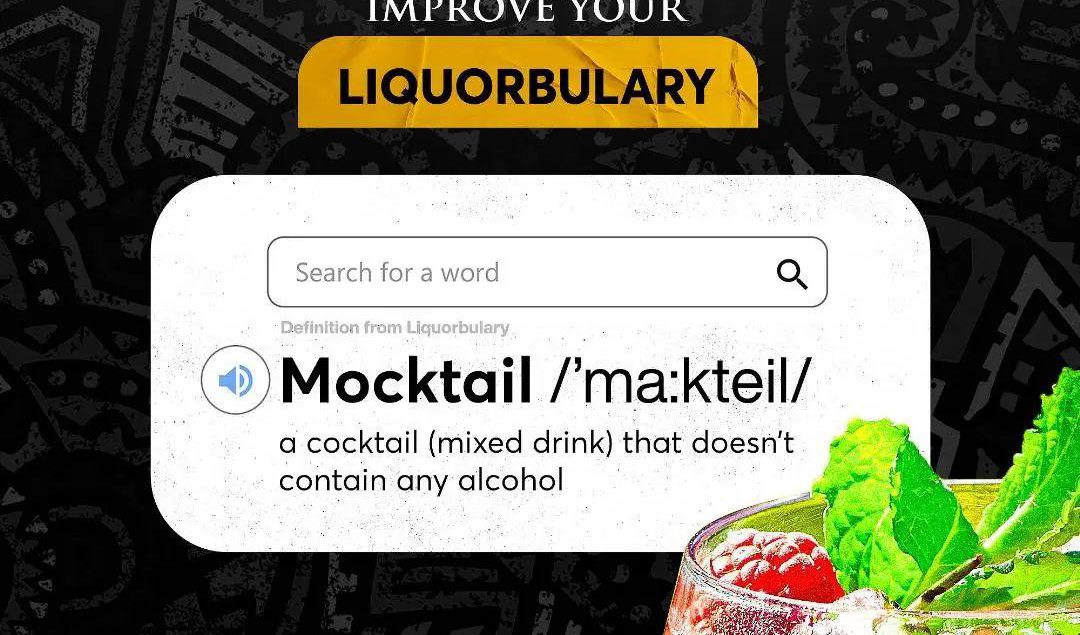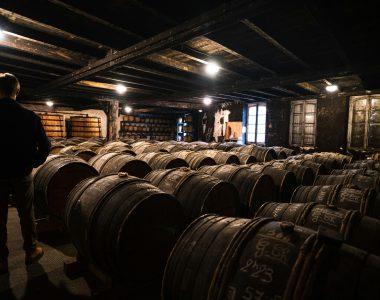
Understanding the terminology used in the world of wine, spirits, and liquor can greatly enhance your appreciation and enjoyment of these beverages. Here are 15 key terms and their meanings:
1. Terroir
Definition: A French term that refers to the environmental factors that affect a crop’s phenotype, including soil, climate, and topography. Usage: Terroir plays a crucial role in the flavor and characteristics of wine, as it influences the grapes’ growth and development.
2. Body
Definition: The weight and fullness of a wine or spirit in your mouth, often described as light-bodied, medium-bodied, or full-bodied. Usage: A full-bodied wine like Cabernet Sauvignon feels heavier and more robust than a light-bodied wine like Pinot Grigio.
3. Tannins
Definition: Naturally occurring polyphenols found in grape skins, seeds, and stems, as well as in oak barrels. They add bitterness and astringency to wine. Usage: Red wines have higher tannin levels than white wines, contributing to their structure and aging potential.
4. Finish
Definition: The lingering taste or sensation left in your mouth after swallowing wine or spirits. Usage: A long, complex finish is often a sign of a high-quality wine or spirit.
5. Nose
Definition: The aroma or bouquet of a wine or spirit, which can include a wide range of scents. Usage: The nose of a wine is a key part of the tasting experience, offering insights into its flavor profile.
6. ABV (Alcohol by Volume)
Definition: The percentage of alcohol in a beverage by volume. Usage: A wine with an ABV of 14% is stronger than one with an ABV of 11%.
7. Decanting
Definition: The process of pouring wine from its bottle into a decanter to separate sediment and allow the wine to breathe. Usage: Decanting is especially beneficial for older red wines and full-bodied wines.
8. Aging
Definition: The process of allowing wine or spirits to mature, often in barrels or bottles, to develop their flavors and characteristics. Usage: Whiskey aged in oak barrels develops richer and more complex flavors.
9. Cask Strength
Definition: Spirits bottled directly from the cask without dilution, often resulting in a higher alcohol content. Usage: Cask strength whisky offers a more intense and concentrated flavor experience.
10. Distillation
Definition: The process of heating a liquid to create vapor and then cooling it to produce a purified liquid, used in making spirits. Usage: Distillation is essential for producing spirits like vodka, gin, and whiskey.
11. Blend
Definition: A mixture of different wines or spirits to create a balanced and harmonious final product. Usage: Many whiskies are blends of different barrels to achieve a consistent flavor profile.
12. Legs
Definition: The streaks that form on the inside of a glass after swirling wine or spirits, indicating viscosity and alcohol content. Usage: Wines with more pronounced legs often have higher alcohol content and body.
13. Barrel Aging
Definition: The practice of aging wine or spirits in wooden barrels, usually oak, which imparts additional flavors and characteristics. Usage: Barrel aging can add notes of vanilla, spice, and toast to both wine and spirits.
14. Mash
Definition: A mixture of grains and water used in the fermentation process of making spirits. Usage: The composition of the mash influences the flavor of the final spirit, such as bourbon, which must contain at least 51% corn.
15. Appellation
Definition: A legally defined and protected geographical area used to identify where grapes for wine were grown. Usage: The term “Appellation d’Origine Contrôlée” (AOC) is used in France to designate wines from specific regions with strict production standards.
Understanding these terms can deepen your appreciation for the complexities of wine, spirits, and liquor, enhancing both your knowledge and enjoyment of these beverages. Cheers to your continued exploration!


